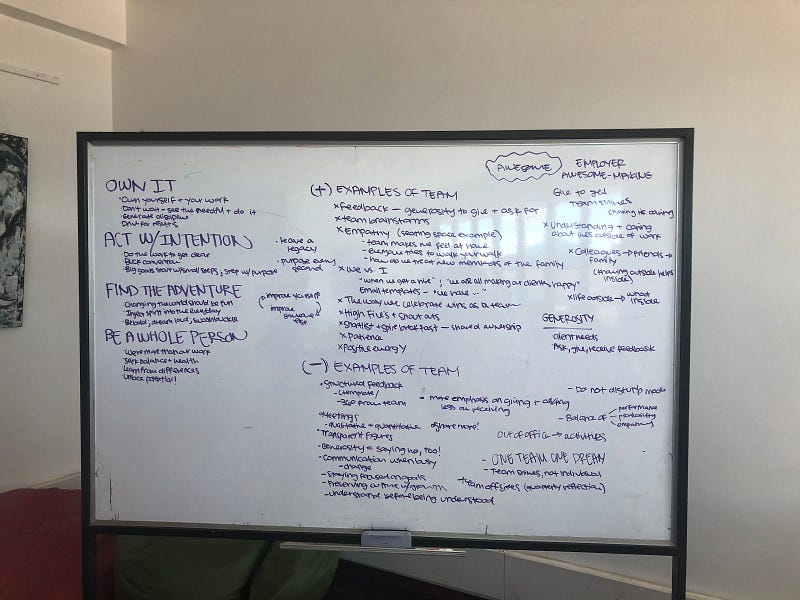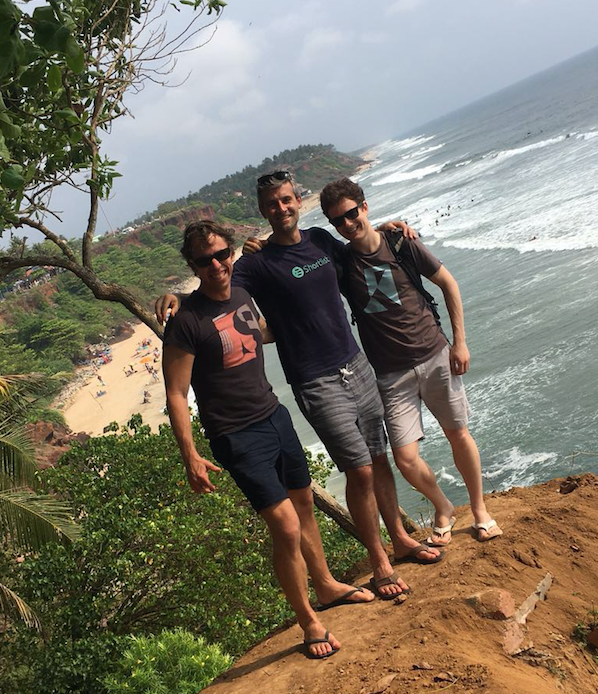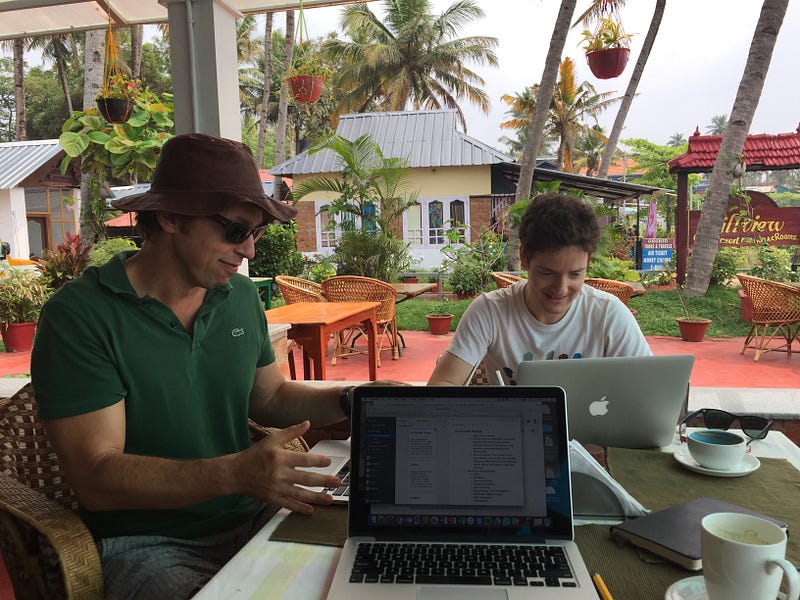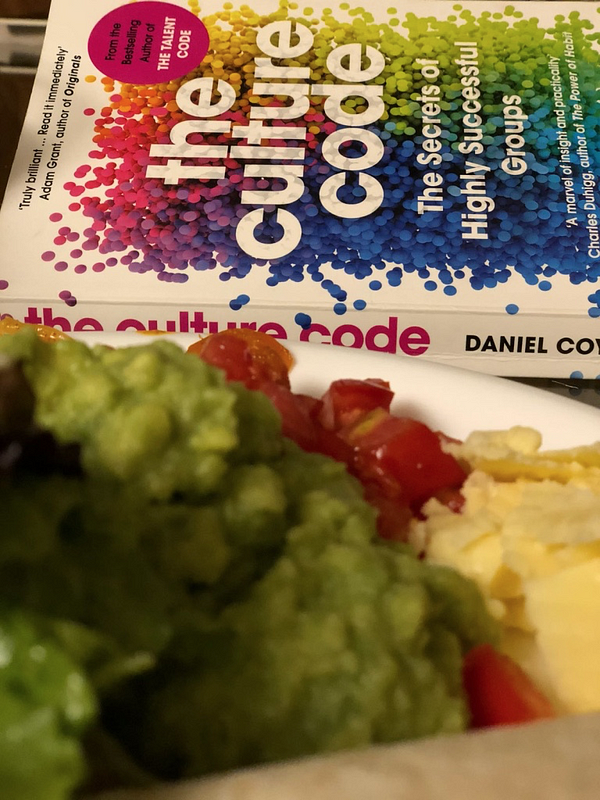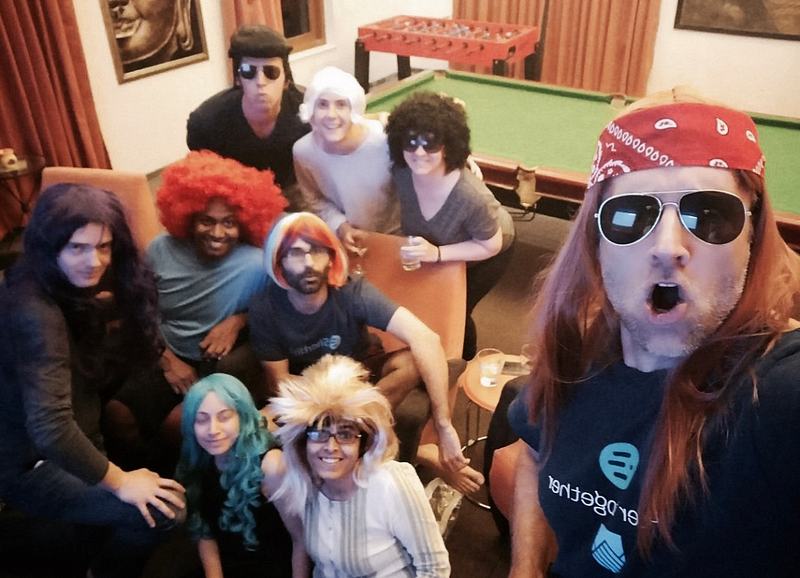Losing a star employee can feel devastating (no matter the size and scale of your company). So it’s not surprising there’s a plethora of research on why good employees quit their job and how to mitigate that outcome. Many say that people don’t quit a job, they quit a boss, but as I dug further into the research, I found it’s a lot more complicated than that…
In particular, Facebook’s internal research about why good employees quit their job at that company, recently published in Harvard Business Review, tells a really interesting story about how to lose, and keep, great employees.
Some key takeaways on why good employees quit Facebook:
Good employees quit their job at Facebook for a few main reasons:
- The employee no longer enjoyed their job
- Their strengths weren’t being used
- They weren’t growing in their career
On the flip side, this means that managers can retain great employees by customizing experiences for their people, including:
- Enabling team members to do the work they enjoy most
- Helping team members play to their strengths
- Carving a path for career development that accommodates personal priorities
What does this look like in the day to day?
It’s things like making sure you know whether a top individual performer on your team actually wants to become a manager, and if they don’t, thinking through how their role and responsibilities can grow in other ways.
I’ll close by noting that that most of the research about why good employees quit – or employee turnover in general – has focused on the United States and Europe. However, at Shortlist, we recently conducted a survey with almost 6,000 Kenyan jobseekers which touched on these topics.
We found that the two most important things jobseekers are looking for in a new opportunity are (1) career growth (69.2% of respondents) and (2) alignment with company mission (14.4% of respondents). When you contrast this with those who stated the most important things were salary (only 8.5% of respondents) and stability (only 4.2% of respondents) — clearly, jobseekers are looking for a lot more than your standard 9-to-5!
Do you enjoy these snippets of research, tips and tricks on talent? Sign up for our newsletter here: http://eepurl.com/deINUX
Related: Happier Workplaces: Four Essential Ingredients for Building Them







